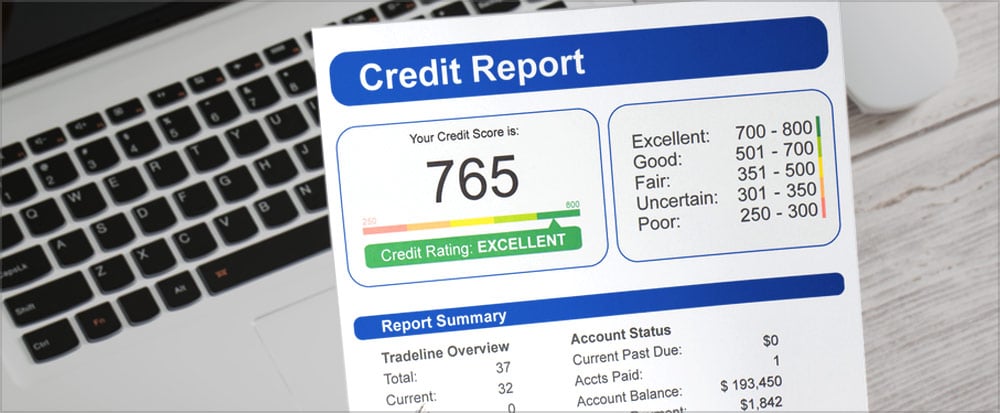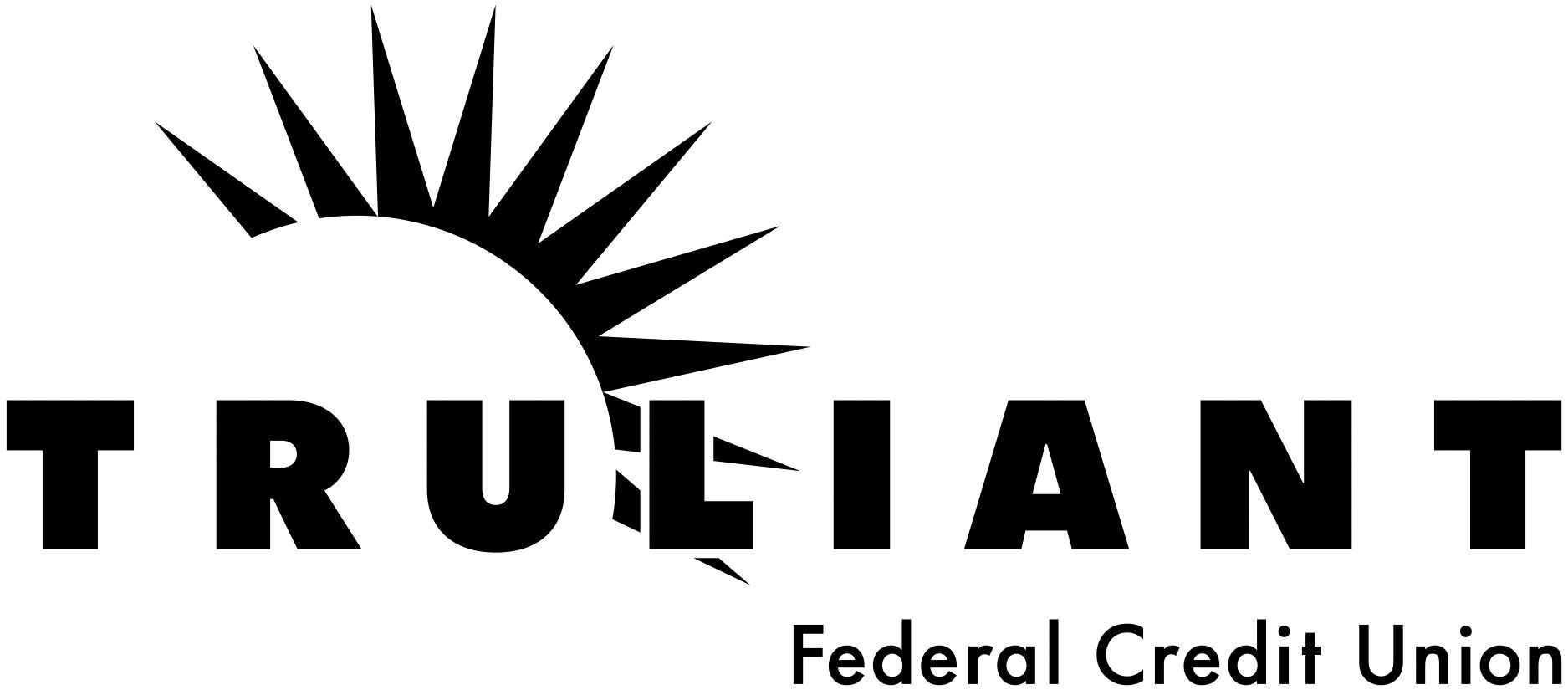Few things cost more than a low credit score. Your score impacts your ability to land a job, to get the best rates on loans, or to secure a mortgage.
While a poor credit score can certainly make life more difficult, don’t get discouraged. While increasing your score takes time, even small steps will help you get there more quickly. Simply making a plan and making payments on time, even just the minimum, all immediately help build your score back up.
Here are seven steps to improve your credit:
7 Steps to Improve Your Credit Score
Increase Your Income
Increasing your income has many benefits, obviously. And, frankly, the best way to improve your credit score by increasing your income is to apply extra funds to your debt.
However, income is a large part of applying for credit. The higher it is, the easier it is to get a favorable rate or approval as your apply for credit cards, a home, or anything in between.
There are many resources online with ideas to increase your income. You can get a second job if time allows or look for spending habits that you can shift to save money. There are opportunities to sell unwanted items and work-from-home positions you can do in your spare time.
Pay Off Existing Debt
In addition to making payments on time, it’s important that your debt-to-credit ratio is as low as possible. Bottom line, you want to have more credit than debt. If your credit report reflects a higher amount of debt than credit, you appear overextended to creditors and your score is impacted.
There is no official percentage that indicates your debt-to-credit ratio is too high, but most financial experts recommend no higher than 30%. Making payments towards this threshold is one of the fastest way to increase your score.
Keep Up With Your Payments
One of the largest causes of bad credit is late or missed payments on credit cards. Maintaining on-time payments, even if you’re just paying the minimum, will increase your score. While that’s easier said than done in some cases, it’s time to reevaluate your finances and spending if you can’t make minimum payments.
Building an effective budget will help with this. If you make a conscious effort to spend smartly, there are usually areas where you can save and use those savings to cover minimum debt payments. There are also resources to help re-negotiate debt, such as lower-rate debt consolidation loans.
Avoid Too Many Inquiries
We recognize that the step above results in hard inquiries, but you should still limit them. While it’s not as big a factor as missed payments or your credit-to-debt ratio, too many hard inquiries will negatively impact your credit score.
Hard inquiries result from anyone pulling your credit report, from car dealers, credit card applications to any loan.
While inquiries are a natural result of managing your finances, you can limit them by only applying for credit where you’re likely to be approved. Also, if you are in the market for a car, you might want to secure financing for an auto loan, before you go to the dealer so that you’re not inadvertently applying to too many different financial institutions.
Open New Credit Accounts
You can also improve your debt-to-credit ratio by opening up additional credit accounts or requesting credit line increases on current accounts so that you have more available credit. It’s important to note that you shouldn’t use this as an opportunity to spend more and you’ll have to have average to decent credit for this step to work. If you’re at almost 100% of your credit line you are unlikely to get an increase, for instance.
A word of warning, however. Opening a new credit account may actually lower your credit score in the short term, as it will result in a hard inquiry (see below). If you keep your inquiries to a minimum, though, the impact will be minimal.
Check Your Credit and Know Your Score
Whether you have been turned down for a loan and caught off guard, or you’re aware that you need to increase your score, the best first step is to know what you’re up against. There are several resources for checking your report or score online and many of these tools offer a breakdown of what goes into your score and which of these are bringing your score down. Truliant even offers a No-Cost Credit Review where we will take you through your score and help identify ways to improve your score.
Once you know where you need to improve, you can make a plan.
Check Your Report for Errors
While credit reports aren’t typically riddled with errors, it’s not uncommon for something to be on your report in error. By reviewing your report, you can confirm that all of the information, from accounts to balances, to marks against you, is correct.
To correct credit report errors, you will need to contact the credit bureau providing the report on which the error is listed. You can file a request that the credit bureau investigate the error. It may take some persistence, but you should eventually be able to get any information on your report that is truly erroneous removed with a little effort. Removing a faulty negative mark on your report could rapidly increase your score.
Additional Credit Information

Top 5 Things That Influence Your Credit Score

How to Read a Credit Report


